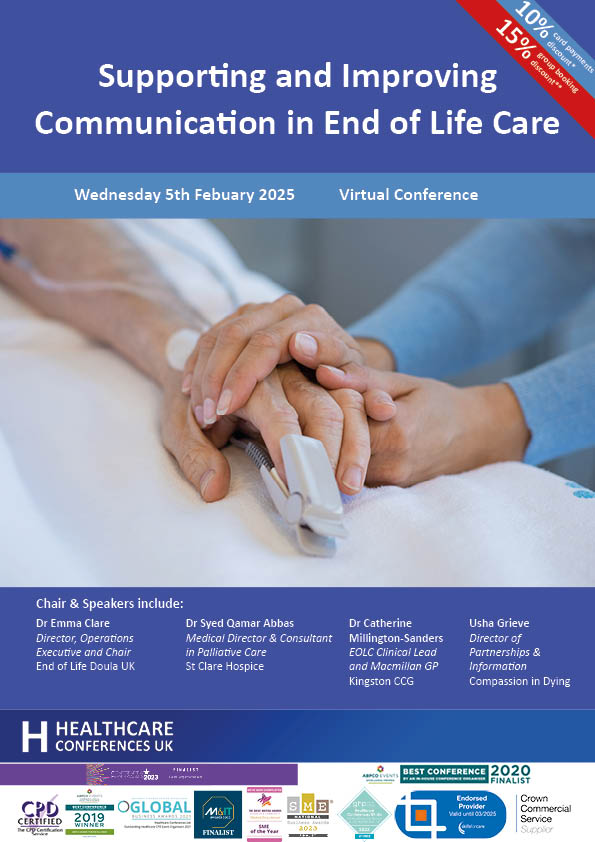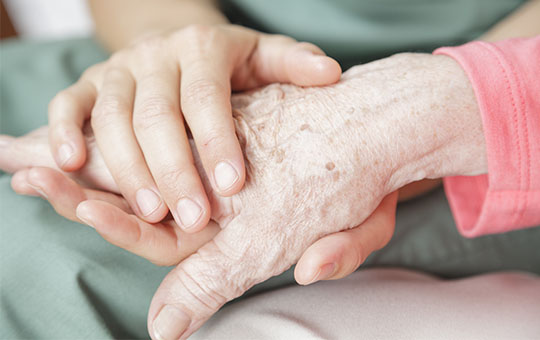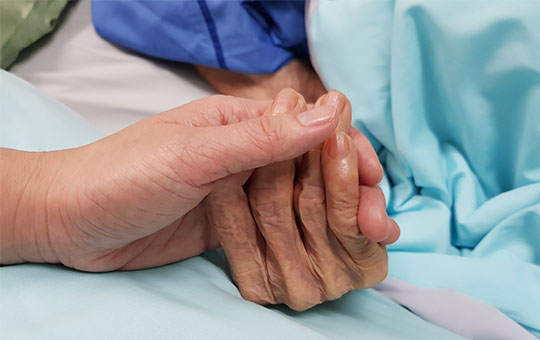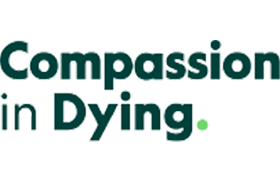Follow the conference on X #EOLCommunication
This conference focuses on improving communication in end of life care and will highlight best practice in individualised advance care planning. We will explore the findings of the ‘End-of-life care: improving DNACPR conversations for everyone’ PHSO Report and focus on key areas where improvements are needed, such as involving patients in their care, meeting the needs of family members and how we respond to the possibility of imminent death. We will also discuss the challenges of talking about death and why overcoming the taboo can benefit everyone. This conference will also look at how technology is being used to improve end of life care communication, and how that has changed since the pandemic.
“Honest, timely conversations about death and dying are essential to good end of life care. Yet all too often barriers, including lack of confidence, taboos around discussing death, and confusion about who should be having these conversations mean patients, carers and families may not understand what is happening, or get all the information and support they need.”
Hospice UK, 2024
“There is a reluctance from British society to have conversations about end-of-life care early enough. We need to normalise these conversations, rather than wait for something drastic to trigger them. That way doctors, patients and their families can make informed choices about their end-of-life care in a dignified way.”
PHSO, March 2024
“I believe it is every person’s right to be empowered to make decisions throughout their life and the end of their life is no exception; where possible the timing of conversation is important so that the person has the physical and mental capacity to say what they may want to achieve in their remaining life. We are all unique with life experiences including achievements but also loss and relationships which can influence what we may want to achieve and prioritise.”
Ruth Bradley, Director of Community Nursing, East London NHS Foundation Trust, May 2024
“The more we talk about death, the less scary it is – it happens to us all and we can’t avoid it, but those people whose relatives have been able to say the important things they want to say them, can die more peacefully and their relatives always have those words to remember. Talking about dying won’t make it happen, won’t make it happen faster, but it will allow people the chance to say what is important.”
Mary Walding, Lead Specialist Nurse for Palliative Care for Katharine House and Sobell House Hospices, 2024
This conference will enable you to:
Network with colleagues who are working to improve communication and collaboration with end of life care patients and their families
Understand how to support patients with decisions about their treatment and care
Improve communication with families and loved ones when a patient is dying
Learn how to implement a staff culture that prioritises care, compassion and dignity
Ensure staff have the training they need to deliver end of life care with confidence
Reflect on the progression of using technology to improve communication in end of life care
Understand how you can improve communication with the dying person and ensure the patient is aware of their condition
Ensure consistency in communication with family and loved ones, keeping them well informed, involved and treated with compassion
Support those important to the dying person through bereavement
Self assess and reflect on your own practice
Support CPD professional development and act as revalidation evidence. This course provides 5 Hrs training for CPD subject to peer group approval for revalidation purposes






